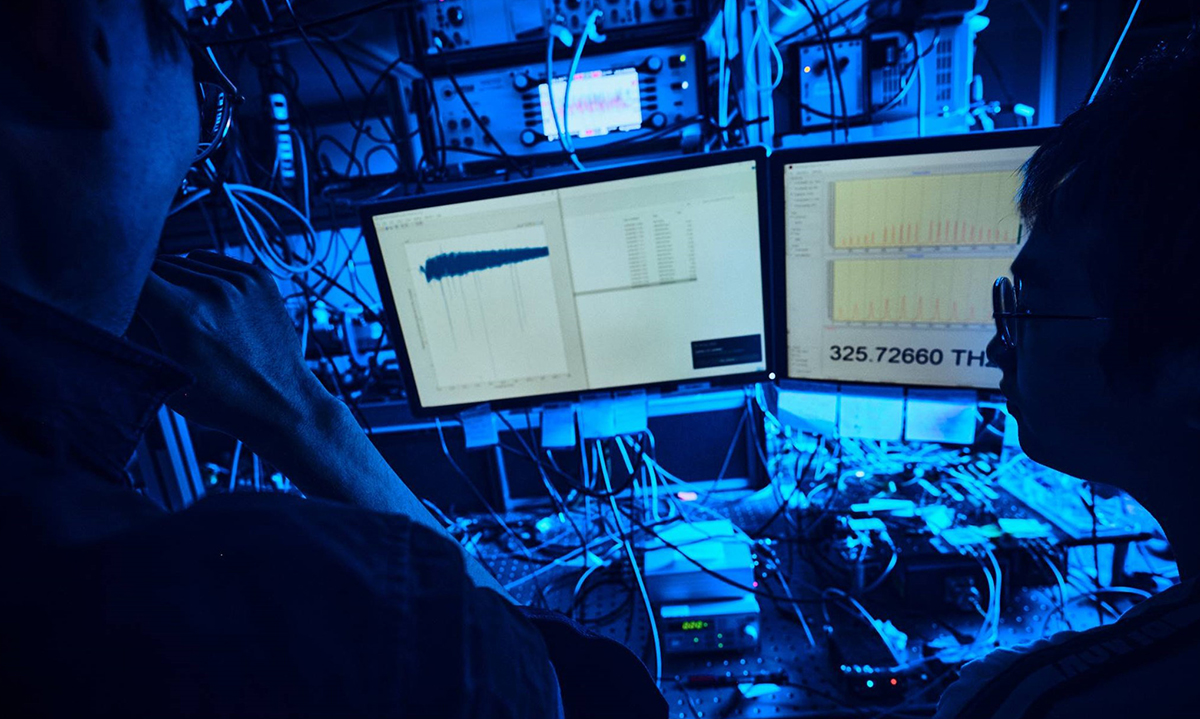Three data science research projects can be realised thanks to grants totalling DKK 39.8 million from the Novo Nordisk Foundation’s Data Science Research Infrastructure Programme. The purpose of the Programme is to support research within data infrastructure, which is critical for data-driven research in Denmark.
Some of Denmark’s most talented researchers are behind the three research projects, which will use data science tools to open new avenues to advance research within type 2 diabetes, materials science and the use of health data.
Improving software solutions
One grant recipient is Annelli Sandbæk, Clinical Professor at the Department of Public Health, Institute of General Medical Practice, Aarhus University and Head of Unit at Steno Diabetes Center Aarhus. She has received a grant of DKK 15 million for the project A Framework for an Open and Scalable Infrastructure for Health Data Exemplified by the DD2 Initiative.
The research project aims to create better software solutions for research on type 2 diabetes using a database from the existing Danish Centre for Strategic Research in Type 2 Diabetes (DD2) initiative that contains data on 10,200 people in Denmark who have type 2 diabetes. The infrastructure created will make the data accessible to all researchers who want to do better research on type 2 diabetes using data from DD2, but other research groups with similar databases will also be able to use the software tools.
The purpose of the research project and developing the software solutions is to generate new knowledge that can benefit people with type 2 diabetes.
“Many data already exist, and they can become an extremely valuable tool for researchers and doctors if they can be accessed and expanded in a secure and usable way. We will develop software solutions that are easy to use and that inspire world-class data-based diabetes research,” explains Annelli Sandbæk.
Greater insight into materials
Anders Dahl, Professor at the Department of Applied Mathematics and Computer Science Visual Computing, Technical University of Denmark, has received DKK 11.5 million for the project QUAITOM – the Infrastructure for QUantitative AI-based TOMography.
In this project, Anders Dahl and colleagues will develop algorithms based on AI-based deep learning for analysing 3D images based on X-ray micro-computed tomography (μCT). These images enable researchers to see structures inside materials but are often extremely complex and time-consuming to analyse. The researchers aim to change this by developing a data science method that can manage large experimental data sets for extracting valuable and detailed knowledge.
“This knowledge is important for developing new medicine and diagnostic tools or for inventing materials for a sustainable future,” says Anders Dahl, who adds that “a grant like this will help to support the many users of science facilities such as the MAX IV Laboratory and the European Spallation Source (ESS) in Lund, Sweden, enabling them to rapidly and effectively analyse their large data sets.”
Improving the use of health data
The third grant has been awarded to Ismail Gögenur, Professor and Senior Consultant, Department of Surgery, Zealand University Hospital, Køge, who has received DKK 13.3 million for the project Personalized Medicine Infrastructure Using the Open-source OMOP Common Data Model, Including an Electronic Health Record Interface.
Ismail Gögenur’s research involves developing software solutions to compare data from patient records with data from large databases to establish infrastructure that can be used in the clinical decision-making process and for other purposes.
“One of the main targets of personalised medicine is to refine the stratification of a single patient to provide improved diagnosis, prognosis and optimal treatment for this patient. This can be achieved by including not only the patient’s health record but also similar data from population-wide databases and clinical research projects,” explains Ismail Gögenur.
In the project, the researchers and colleagues will use machine learning to develop methods to collect the numerous data and create one platform that clinicians and researchers can access for information.
“In collaboration with data scientists, doctors and biologists, we will establish the necessary infrastructure to promote this model in a clinical use case and expand it within other medical fields,” says Ismail Gögenur.
About the Novo Nordisk Foundation Data Science Research Infrastructure Programme
The purpose of the Novo Nordisk Foundation Data Science Research Infrastructure Programme is to support research within data infrastructure that is critical for data-driven research in Denmark.
The research can comprise expanding data infrastructure for algorithms, databases and data resources or data-generating technologies.
Grants under the Programme are between DKK 5 million and DKK 15 million, with a duration of 5 years. The Data Science Research Infrastructure Programme is one of four activities under the Novo Nordisk Foundation’s Data Science Initiative.
Further information
Christian Mostrup, Senior Programme Lead, Communications, +45 3067 4805, [email protected]








